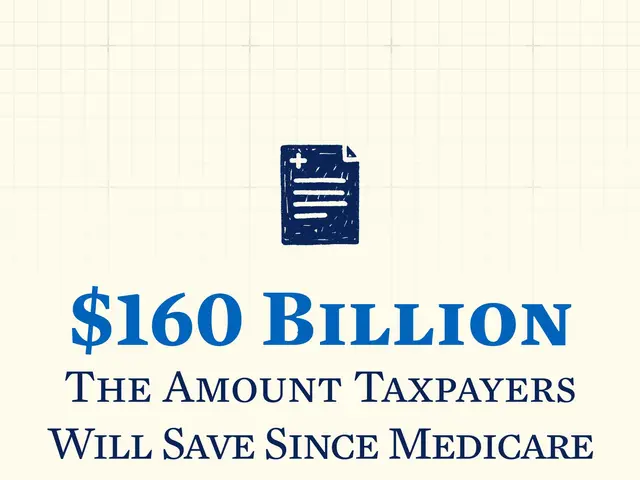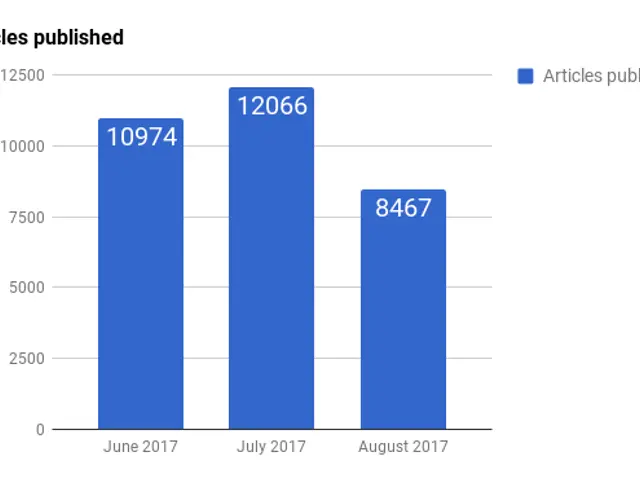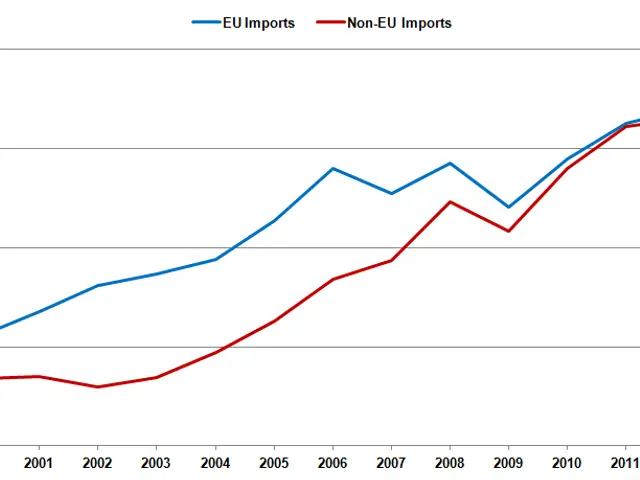Dictator Orban planned to eliminate opposition in a single strike.
Hungarian Prime Minister, Viktor Orban, plans to circumvent opposition criticism by proposing a law that would potentially strip all opposition funding. This proposed legislation, dubbed the "Law on the Transparency of Public Life," has been met with heated opposition and appeals from affected organizations seeking interference from the European Commission.
If enacted in June, the new law would sever ties between NGOs, independent media, and foreign funders, including EU grants. The measure applies to any foreign-sourced funding, even domestic donations, potentially leaving recipient organizations virtually broke.
Moreover, NGOs are concerned that the "Authority for the Protection of Sovereignty," a government agency established in February 2024, will be used to create a blacklist of supposedly influential organizations in public life that receive foreign funding. Critically, the criteria for this classification remain undefined.
Civil society organizations argue that the sanctions, including heavy fines and potential bans, could speak volumes in the absence of an appealing process. Given Orban's control over the judiciary, success in court appears unlikely.
Marta Pardavi, a co-chair of the Hungarian Helsinki Committee in Budapest, has threatened the closure of her human rights organization if the law is passed. Pardavi told ntv.de that the Orban government could effectively starve, choke, or strangle NGOs they deem undesirable.
The transparency law comes shortly after an unsuccessful attempt by Orban's government to silence critics through various laws, none of which have been as detrimental as this latest measure. Commenting on the proposed legislation, Pardavi observed that it was a sign of the regime's impatience and hunger ahead of next year's Hungarian parliamentary elections.
The European Commission's intervention presents the last hope for Hungarian civil society. If the transparency law comes into force, experts are confident that it would likely be struck down by the European Court of Justice, but this would take years. In an attempt to expedite resolution, Pardavi recommends the Commission apply for interim measures in an ongoing EU infringement procedure against Hungary, with special attention to the measure's connection to the "Office for the Protection of National Sovereignty."
Despite the Commission's inaction and disappointment among the civil society, the European Parliament has intensified pressure on the Commission, with a group of 26 MEPs demanding the freezing of EU funds to Hungary over the ongoing civil society violations. This detrimental legislation, if enacted, could undermine the European Union's internal market and prompt a significant blow to international companies engaged in business in Hungary.
- The law proposed by Hungarian Prime Minister Viktor Orban, known as the "Law on the Transparency of Public Life," seeks to cut off funding for opposition parties.
- The proposed legislation has sparked widespread opposition and appeals from affected organizations, asking for intervention from the European Commission.
- This law, if enacted in June, could cut ties between NGOs, independent media, and foreign funders, including EU grants.
- The measure applies to any foreign-sourced funding, even domestic donations, potentially leaving recipient organizations virtually bankrupt.
- NGOs are worried that the "Authority for the Protection of Sovereignty" will be used to create a blacklist of influential organizations receiving foreign funding.
- The criteria for this classification remain undefined, causing concern among civil society organizations.
- Sanctions such as heavy fines and potential bans could be imposed on organizations without an appealing process.
- Marta Pardavi, a co-chair of the Hungarian Helsinki Committee, has threatened to close her human rights organization if the law is passed.
- Pardavi contends that the Orban government could effectively starve, choke, or strangle undesirable NGOs.
- The transparency law follows a series of failed attempts by Orban's government to silence critics through various laws.
- Pardavi sees the proposed legislation as a sign of the regime's impatience and hunger ahead of next year's Hungarian parliamentary elections.
- The European Commission's intervention presents the last hope for Hungarian civil society.
- Experts believe that if the transparency law comes into force, it would likely be struck down by the European Court of Justice, but this would take years.
- To expedite resolution, Pardavi recommends the Commission apply for interim measures in an ongoing EU infringement procedure against Hungary.
- The Commission's inaction and civil society's disappointment have led to increased pressure from the European Parliament.
- A group of 26 MEPs has demanded the freezing of EU funds to Hungary over the ongoing civil society violations.
- If enacted, this legislation could undermine the European Union's internal market and deal a significant blow to international companies operating in Hungary.
- The potential impact of this law on migration issues is another concern for developing countries, particularly those cooperating with EC countries.
- The ongoing conflicts in war-and-conflicts regions could be exacerbated by the lack of support from NGOs, independent media, and foreign funders.
- The situation in Hungary serves as a reminder of the importance of cooperation with developing countries, especially in times of political instability and economic uncertainty.








